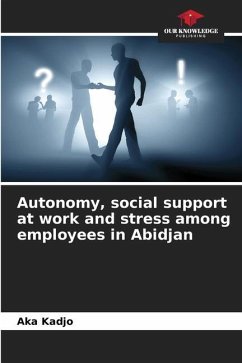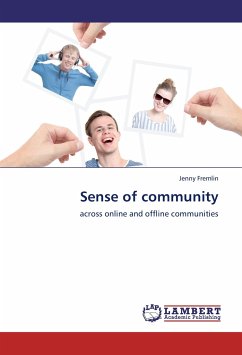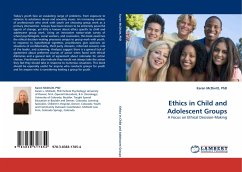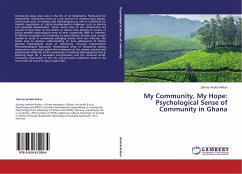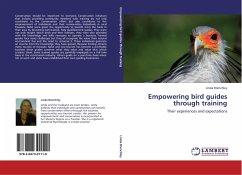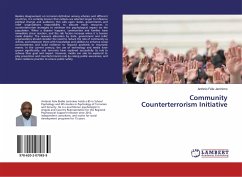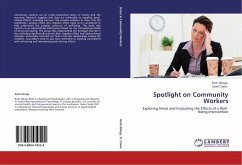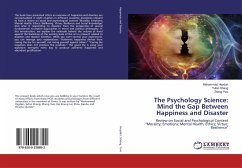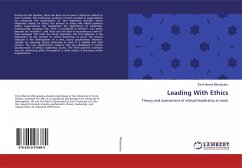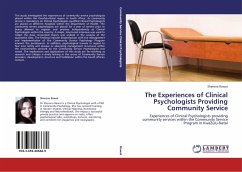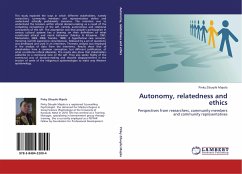
Autonomy, relatedness and ethics
Perspectives from researchers, community members and community representatives
Versandkostenfrei!
Versandfertig in 6-10 Tagen
39,99 €
inkl. MwSt.

PAYBACK Punkte
20 °P sammeln!
This study explored the ways in which different stakeholders, namely researchers, community members and representatives define and understand ethically problematic scenarios. The intention was to understand the tensions within ethical decision-making as a result of the competing conceptions of the self, namely, autonomous and relational conceptions of the self. The assumption was that people s participation in various cultural systems has a bearing on their definitions of what constituted ethical and moral behaviour (Markus & Kitayama, 1991; Matsumoto, 2003, 2006; Triandis, 1989). A hypothetic...
This study explored the ways in which different stakeholders, namely researchers, community members and representatives define and understand ethically problematic scenarios. The intention was to understand the tensions within ethical decision-making as a result of the competing conceptions of the self, namely, autonomous and relational conceptions of the self. The assumption was that people s participation in various cultural systems has a bearing on their definitions of what constituted ethical and moral behaviour (Markus & Kitayama, 1991; Matsumoto, 2003, 2006; Triandis, 1989). A hypothetical case scenario, mirroring real life experience circumstances, followed by a set of questions; was developed and used in an interviews. Thematic analysis was employed in the analysis of data from the interviews. Results show that all stakeholders have a common conception, but different justification, of what constitutes ethical dilemmas. The results also show that stakeholders subscribe to a communal view of the self. They also spoke highly of the communal way of decision-making and showed disappointment in the erosion of some of the indigenous epistemologies to make way Western epistemology.



